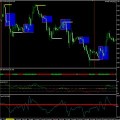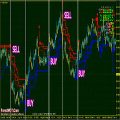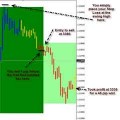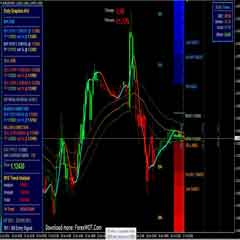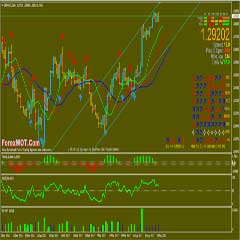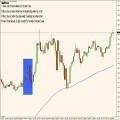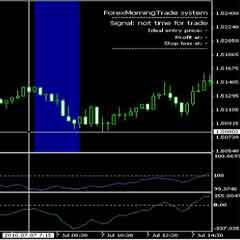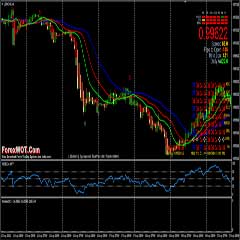In the case of currencies with floating exchange rates, currency traders. Currency is constantly being bought and sold around the world and like any other product, the value is determined by supply and demand.
When more people are trying to buy a certain currency, its value goes up, when more people try to sell it, its value goes down.
For example, a couple of years ago, currency traders started buying a lot of Swiss francs. Switzerland is a small country, so it generally doesn’t print a lot of money and the demand become much greater than the supply.
Therefore, those who were selling Swiss francs could ask for more in return, driving up the exchange rate. Between April and July 2012, the Swiss franc went from being 1.32 to 1 euro to 1.04 to 1 euro as currency traders wanted francs instead of euros.
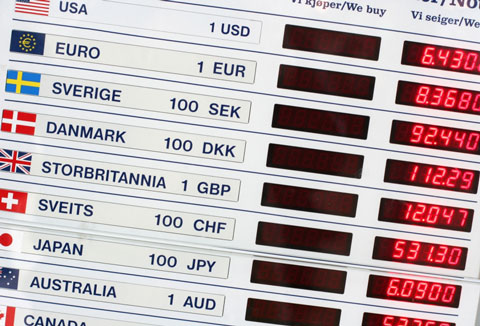
The Swiss National Bank finally responded by increasing its foreign currency reserves and stating that, no matter what, it would exchange Swiss francs at 1.20 to 1 euro. Because the Swiss National Bank is the largest supplier of Swiss francs, this forced all currency traders selling Swiss francs to lower their prices.
Six Factors Causes Exchange Rates to Change
While there’s a lot of debate amongst economists (surprise, surprise) about what causes exchange rates to change, there is a consensus (according to Jason Van Bergen) that the following six factors are important:
- Inflation rates: generally, countries with lower inflation rates have higher-valued currencies
- Interest rates: higher interest rates often mean that investors get a better return in one country than another, and so sometimes push the value of a country’s currency up compared to low interest countries
- Current account deficits: a current account deficit means that a country is spending more on foreign trade (via imports) than it is earning (via exports), and so it will need to borrow from other countries to finance its deficit – and generally this means the value of its currency will decline
- Level of public debt: if a country is running very large budget deficits, and borrowing to cover this cost, you will often see high inflation, which in turn will often mean a lower currency valuation.
- Terms of trade: the terms of trade means the difference in the price of exports to the price of importants – a positive terms of trade means the prices a country gets for its exports is higher than the price it pays for its imports. Generally, the stronger the terms of trade, the stronger the currency, which has definitely been affecting the Aussie dollar in recent years
- Stability and economic growth: finally, the level of political stability, and whether an economy is growing at all, matter to investors. Stable, growing countries are lower risk, and therefore tend to have stronger currency valuations.
The interesting part is when you want to predict the future, banks are doing it with their auto edge bot. But it seems interesting to also look at more customer oriented project such as the personal assistant Neomy.



